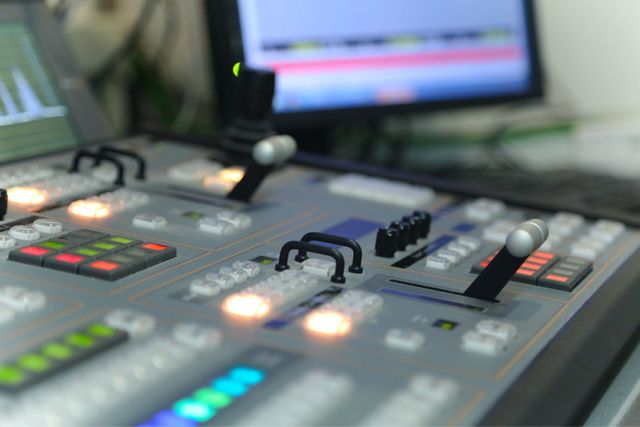The Impact of Security CCTV on Dissuading Criminal Behavior and Enhancing Neighborhood Safety
Wiki Article
Surveillance video cameras have become a frequent sight in many neighborhoods, schools, and businesses. Their existence is often linked with enhanced safety and a reduction in crime. The main function of these cameras is to monitor actions in public spaces, which can help discourage illegal behavior. When possible criminals see a security camera, they may think again before committing a criminal act, knowing that their actions are being captured. This preventive effect is one of the primary motivations why neighborhoods allocate resources in surveillance systems.
Studies has shown that locations fitted with security devices often see a decline in criminal behavior. For instance, research suggest that communities with prominent surveillance systems report less incidents of vandalism, burglary, and other crimes. This reduction can be linked to the increased likelihood of being caught on camera, which serves as a strong incentive for individuals to steer clear of illegal actions. Additionally, the existence of surveillance systems can enhance the sense of safety among residents, making them more prone to participate in local activities and feel safe in their surroundings.
In addition to preventing crime, security cameras can also play a crucial part in investigating Full Article offenses that do occur. When a crime is committed, footage from surveillance devices can provide important evidence for police. This evidence can help identify perpetrators, create chronologies, and explain the details of an event. As a consequence, surveillance devices not only help prevent crime but also assist in the investigation and legal action of offenders. This twofold role makes them an vital resource for ensuring community safety.
Additionally, the use of security cameras can foster a sense of accountability among community residents. When individuals know they are being watched, they may be less prone to engage in negative actions, such as polluting or loitering. This increased accountability can lead to a more respectful and accountable neighborhood atmosphere. In addition, security cameras can promote constructive engagements among residents, as they may feel more comfortable knowing that their community is being watched for security.
While surveillance devices offer many benefits, it is crucial to take into account personal privacy issues. Some individuals may feel uneasy with the concept of being constantly watched. Therefore, it is vital for communities to strike a balance between security and personal rights. Transparent policies on the implementation of surveillance cameras, including the locations they are placed and how the video is managed, can help mitigate these concerns. By fostering open dialogue and transparency, neighborhoods can ensure that security cameras serve their primary purpose of enhancing safety while honoring personal rights.
